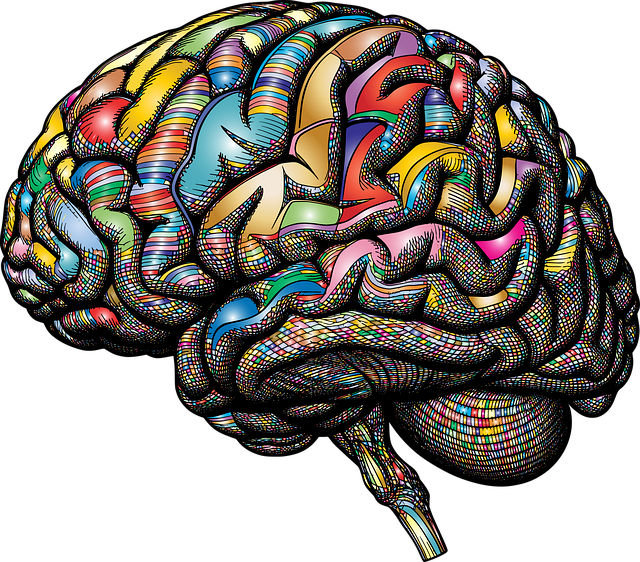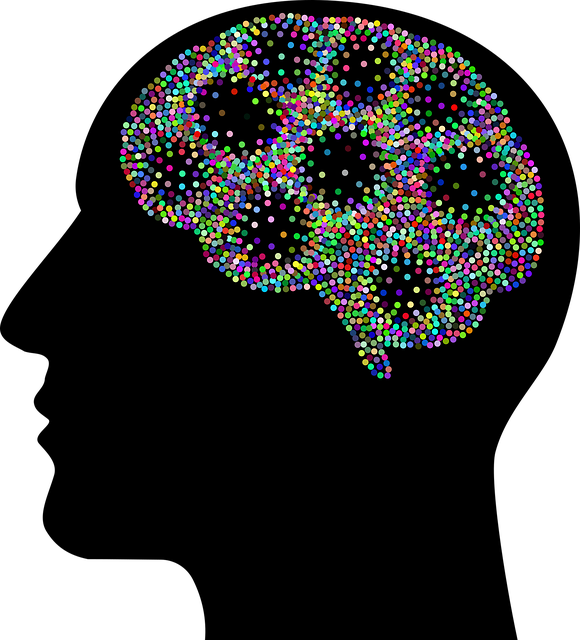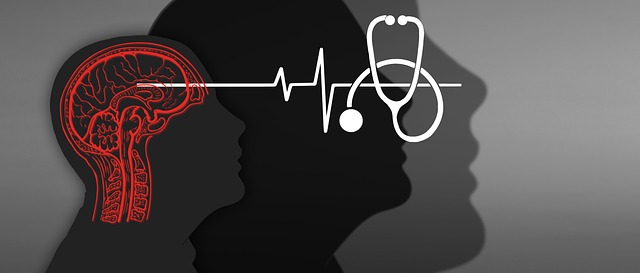Evaluating mental wellness programs involves a multi-faceted approach using surveys, self-report measures, observational techniques, and qualitative feedback methods. Therapists in adult and couples counseling leverage these tools to assess progress, tailor treatment plans, and monitor improvements in emotional well-being, relationships, and personal growth. By combining quantitative data from surveys with observational insights and client interviews, therapists gain comprehensive understanding of program effectiveness, enabling them to refine strategies for better outcomes in therapy for adults and couples counseling.
Mental wellness program evaluations are crucial for measuring effectiveness and driving improvement. This article explores four robust methods used in therapy for adults and couples counseling, ensuring comprehensive assessment of progress. From surveys and self-report measures to observational techniques, qualitative feedback through client interviews and focus groups, and tracking program outcomes, each approach offers unique insights. By leveraging these methods, mental health professionals can optimize their practices, enhancing the impact on their clients’ well-being.
- Assessing Individual and Group Progress: Surveys and Self-Report Measures
- Observational Techniques for Couples Counseling Sessions
- Qualitative Feedback Methods: Client Interviews and Focus Groups
- Tracking Program Outcomes and Measuring Impact on Mental Health
Assessing Individual and Group Progress: Surveys and Self-Report Measures

Evaluating progress is a crucial aspect of any mental wellness program, offering valuable insights into the effectiveness of interventions. When it comes to assessing individual and group progress in therapy for adults and couples counseling, surveys and self-report measures play a significant role. These tools allow participants to reflect on their emotional well-being, relationships, and personal growth over time.
Self-reported measures, such as standardized questionnaires, provide quantifiable data on various aspects of mental health. Participants can offer feedback on symptoms they’ve experienced, the quality of their interpersonal connections, and their overall satisfaction with the therapy process. This information is invaluable for therapists to tailor treatment plans, especially when combined with observations during sessions and between-session assessments. Additionally, these methods facilitate ongoing monitoring, enabling therapists to identify areas needing further attention, whether it’s refining empathy building strategies, enhancing social skills training, or supporting deeper emotional healing processes.
Observational Techniques for Couples Counseling Sessions

In couples counseling sessions, observational techniques play a pivotal role in understanding and evaluating mental wellness among adult partners. Therapists can gain valuable insights by simply observing non-verbal cues, such as body language, facial expressions, and eye contact. This method allows for an unfiltered view of emotional dynamics and communication patterns, which are often subtle but crucial indicators of underlying issues. By paying close attention to these details, therapists can identify potential red flags related to anxiety, stress, or other mental health concerns within the relationship.
The art of observation also extends to the overall environment and interaction styles. Public awareness campaigns aimed at promoting mental wellness and anxiety relief can benefit from understanding these nuances. Therapists might notice how partners engage with each other during counseling, revealing their level of comfort, trust, and willingness to address personal challenges. This qualitative data is invaluable for tailoring therapy approaches and ensuring effective interventions tailored to the unique needs of each couple.
Qualitative Feedback Methods: Client Interviews and Focus Groups

Qualitative Feedback Methods, such as client interviews and focus groups, offer a powerful way to evaluate mental wellness programs, especially in therapy for adults and couples counseling settings. Through open-ended conversations and group discussions, practitioners gain deep insights into clients’ experiences, perceptions, and satisfaction levels with the program. This approach allows for the exploration of complex emotions, personal growth journeys, and the impact of various therapeutic interventions, including Social Skills Training and Mindfulness Meditation.
Focus groups, in particular, facilitate a sense of community and shared understanding among participants, enabling them to reflect on their collective experiences. This method can be particularly valuable for evaluating group therapy sessions or programs that focus on building community support. Additionally, client interviews provide one-on-one opportunities to delve into individual stories, offering unique perspectives that contribute to the overall evaluation of the mental wellness program’s effectiveness and areas for improvement.
Tracking Program Outcomes and Measuring Impact on Mental Health

Evaluating a mental wellness program involves tracking key outcomes and measuring its impact on participants’ mental health. One effective method is to set measurable goals at the beginning of the program, aligning them with specific mental health metrics. For instance, a therapy for adults or couples counseling program might aim to reduce symptoms of anxiety or depression by a certain percentage within a defined period. These goals provide a benchmark for success and allow for continuous improvement.
To gauge impact, regularly collect feedback from participants through surveys or interviews, assessing changes in their mental wellness, self-awareness exercises, and overall well-being. Additionally, tracking the program’s adherence rates and client satisfaction can offer insights into its effectiveness. Incorporating burnout prevention strategies for healthcare providers is also crucial, as it ensures sustained quality care over time. This comprehensive evaluation approach helps tailor programs to meet the unique needs of participants, fostering lasting mental wellness.
Evaluating mental wellness programs is vital for ensuring their effectiveness, especially in therapy for adults and couples counseling. By combining quantitative surveys with qualitative feedback, observational techniques, and tracking program outcomes, practitioners can gain a holistic understanding of client progress. This comprehensive approach allows for continuous improvement, enabling mental health services to adapt and better support those seeking guidance in navigating complex emotional landscapes.














